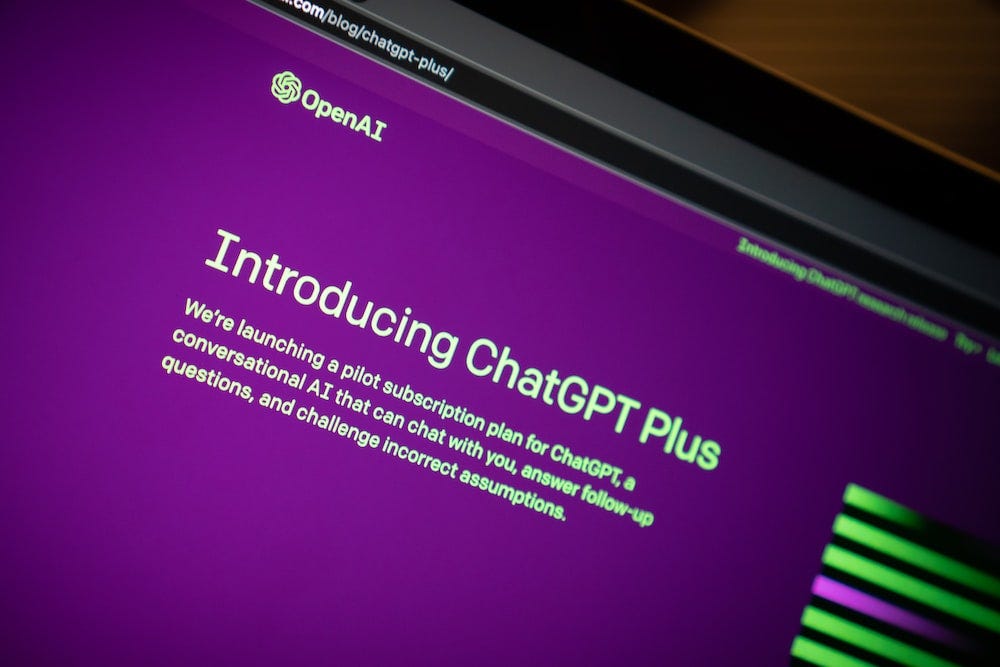
In our quest for the “Best Browser for ChatGPT,” we seek more than just a tool to access the internet. We look for a platform that can enhance our interaction with one of the most sophisticated AI models of our time—ChatGPT. With AI integrated into our daily browsing, the stakes for performance, security, and functionality are at an all-time high. So, which browser claims the crown for the best ChatGPT experience?
Table of Contents
Introduction to ChatGPT and Browser Requirements
ChatGPT, by OpenAI, is not just about chatting. It’s an amalgamation of information, machine learning, and user interface, culminating in a conversational experience that’s as close to human as AI has ever come. But to leverage its full potential, the browser serving ChatGPT must not falter. It needs to be fast, secure, adaptable, and developer-friendly. Only a browser that balances these attributes can aspire to be the “Best Browser for ChatGPT.”
Performance Metrics – Speed and Efficiency
The best browser for ChatGPT must be lightning-fast. Speed is crucial because, with AI models, each millisecond of loading time counts towards the efficiency of the interaction.
Benchmarking Browser Speed
To determine the best browser for ChatGPT in terms of speed, we consider factors like page load time, response time to requests, and efficiency in handling dynamic content. Google Chrome, known for its rapid processing and quick JavaScript performance, sets a high bar. But is it the fastest?
Mozilla Firefox, once the underdog, has made significant strides with its Quantum update, offering stiff competition. Microsoft Edge, rebuilt with a Chromium engine, is no slouch either, boasting speed improvements and reduced resource consumption.
Memory Management for Optimal Performance
Memory management is another cornerstone. The best browser for ChatGPT should manage system resources efficiently, avoiding excessive memory usage that can slow down the entire system. Browsers like Firefox have historically been commended for their memory handling, but with Chrome’s recent updates and Edge’s Windows-optimized performance, the playing field is leveling.
Privacy Features – Keeping Your Conversations Secure
When discussing the “Best Browser for ChatGPT,” privacy cannot be overlooked. Your conversations and data should remain confidential, a non-negotiable requirement for any browser in contention.
Incognito Modes and Their Effectiveness
Incognito modes are a must-have feature for privacy-conscious users. But do they serve the purpose? While Chrome’s Incognito mode is widely used, it’s been criticized for not being entirely private. Firefox’s Private Window, with enhanced tracking protection, and Edge’s InPrivate mode, offer more robust privacy features.
Data Encryption and Protection Measures
Beyond incognito modes, the best browser for ChatGPT should have top-tier data encryption and protection measures. Firefox’s commitment to privacy is demonstrated through its default encryption settings and minimal data collection policies. Chrome, while offering strong encryption, has been under scrutiny for the amount of data it collects.
Extension Ecosystem – Enhancing ChatGPT
Extensions can amplify the functionality of ChatGPT, making the browser more versatile and tailored to user needs.
ChatGPT-specific Extensions
The best browser for ChatGPT would support extensions that integrate directly with the AI, such as those that offer quick access to the chatbot or enhance its capabilities. Chrome leads the way with its vast extension library, closely followed by Edge, which benefits from its compatibility with Chrome extensions.
General Extensions Beneficial for ChatGPT
Extensions that improve productivity, such as ad-blockers, note-taking tools, and password managers, can indirectly enhance the ChatGPT experience by streamlining the user’s workflow. Here, both Chrome and Firefox offer extensive libraries, providing users with a plethora of options to customize their browsing experience.

